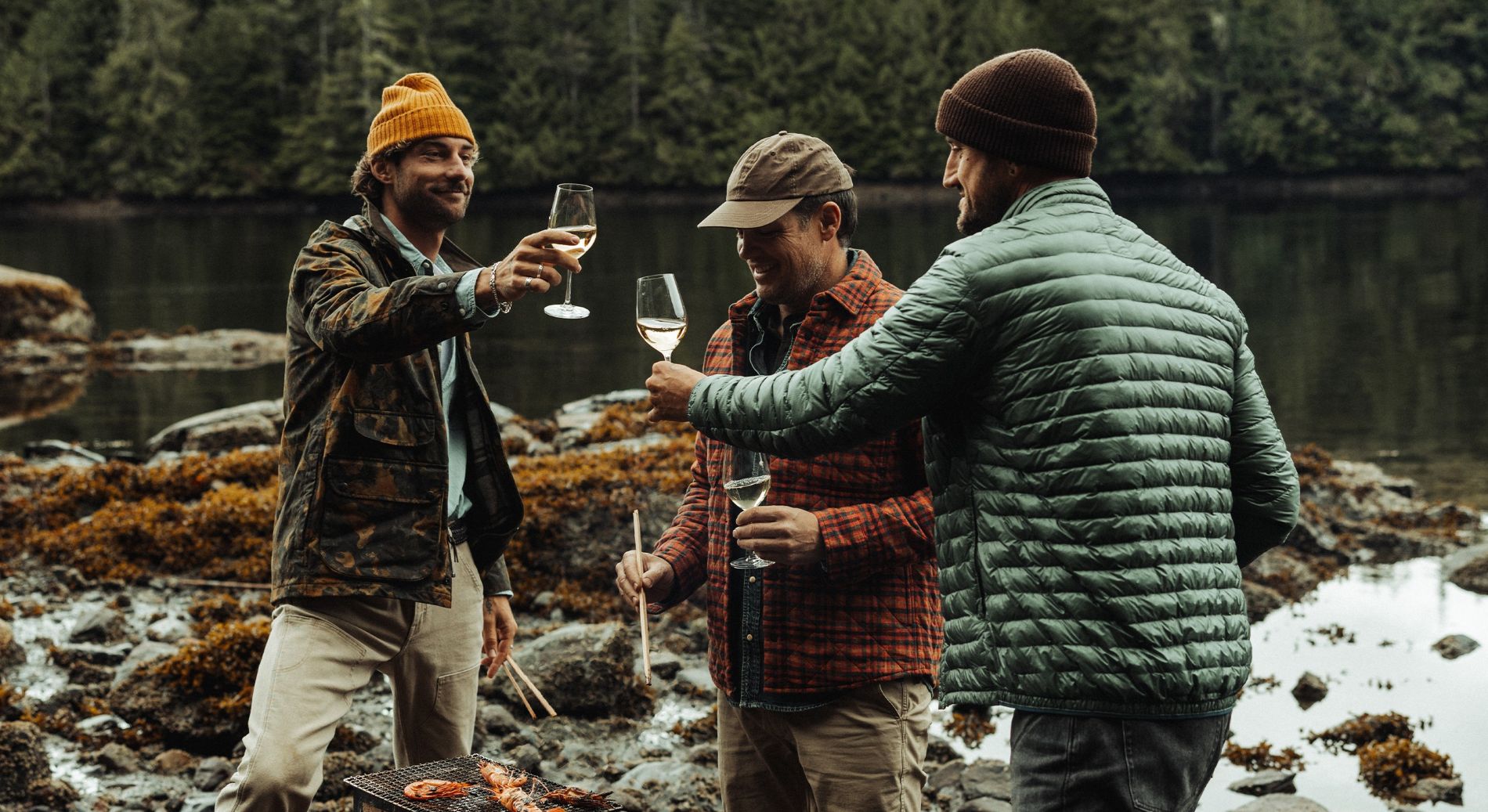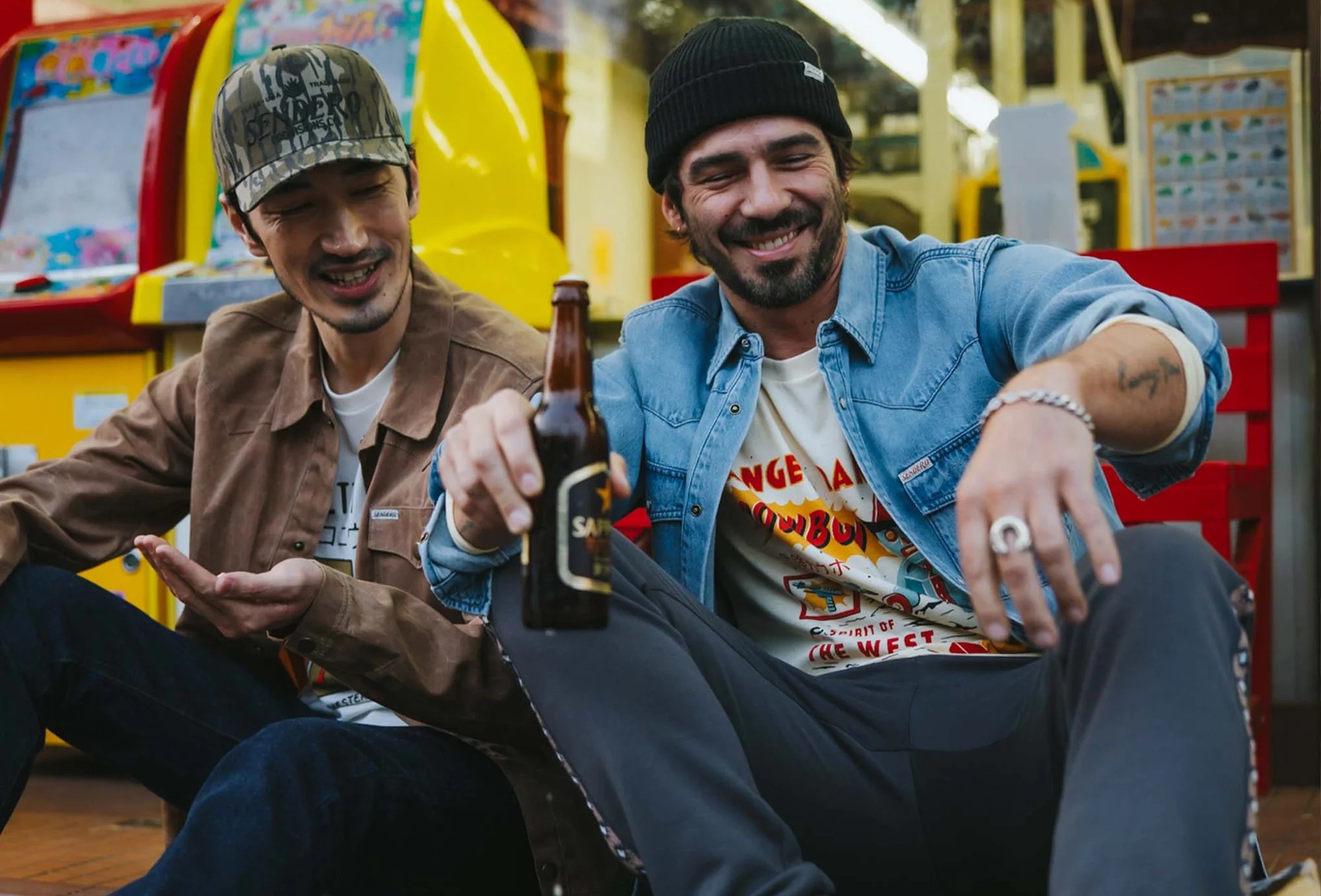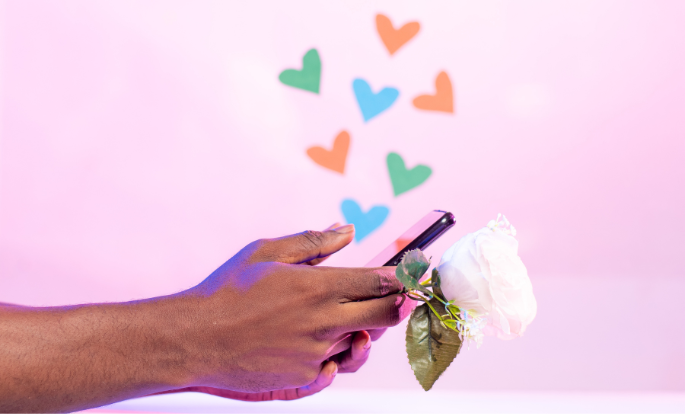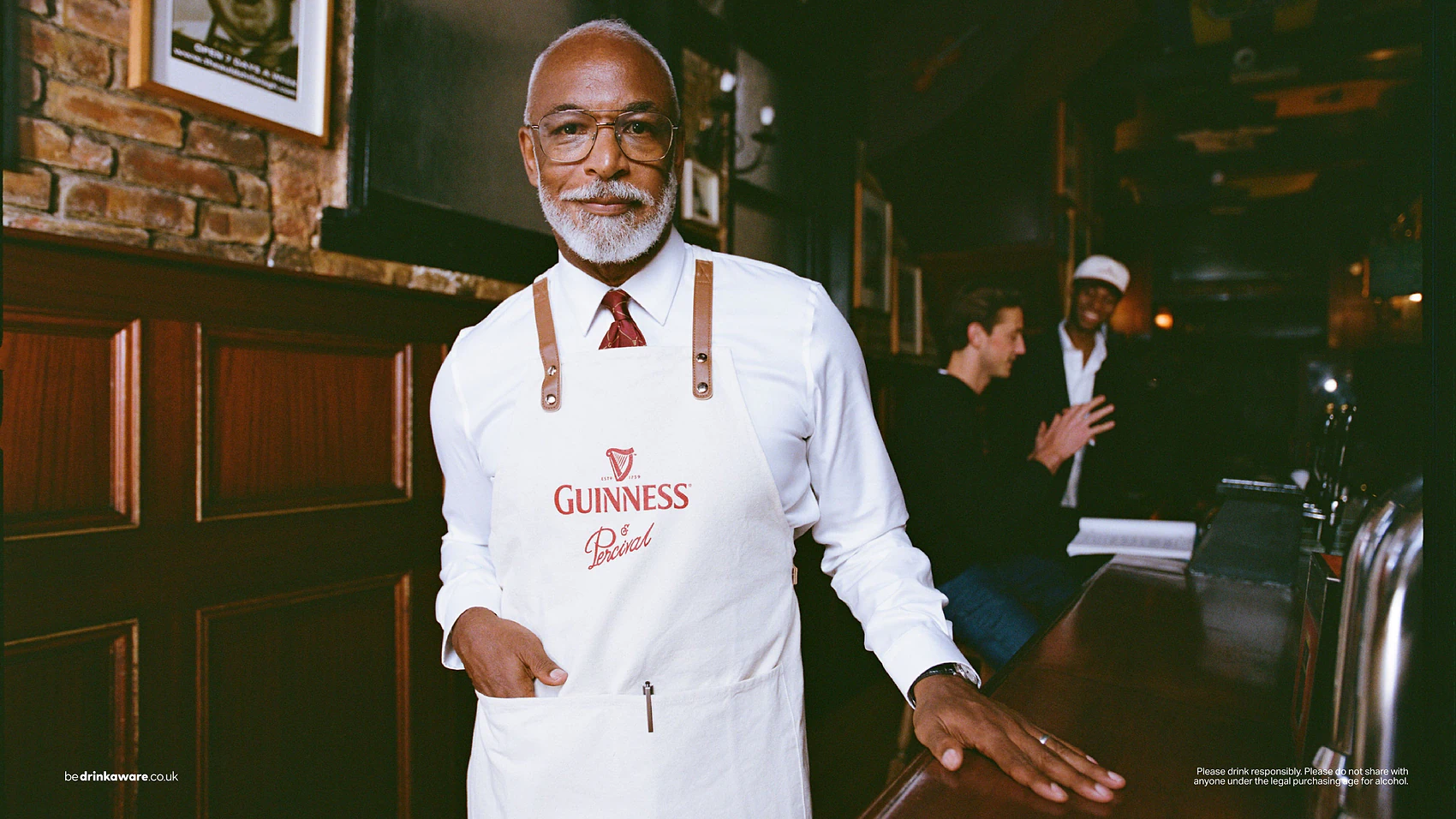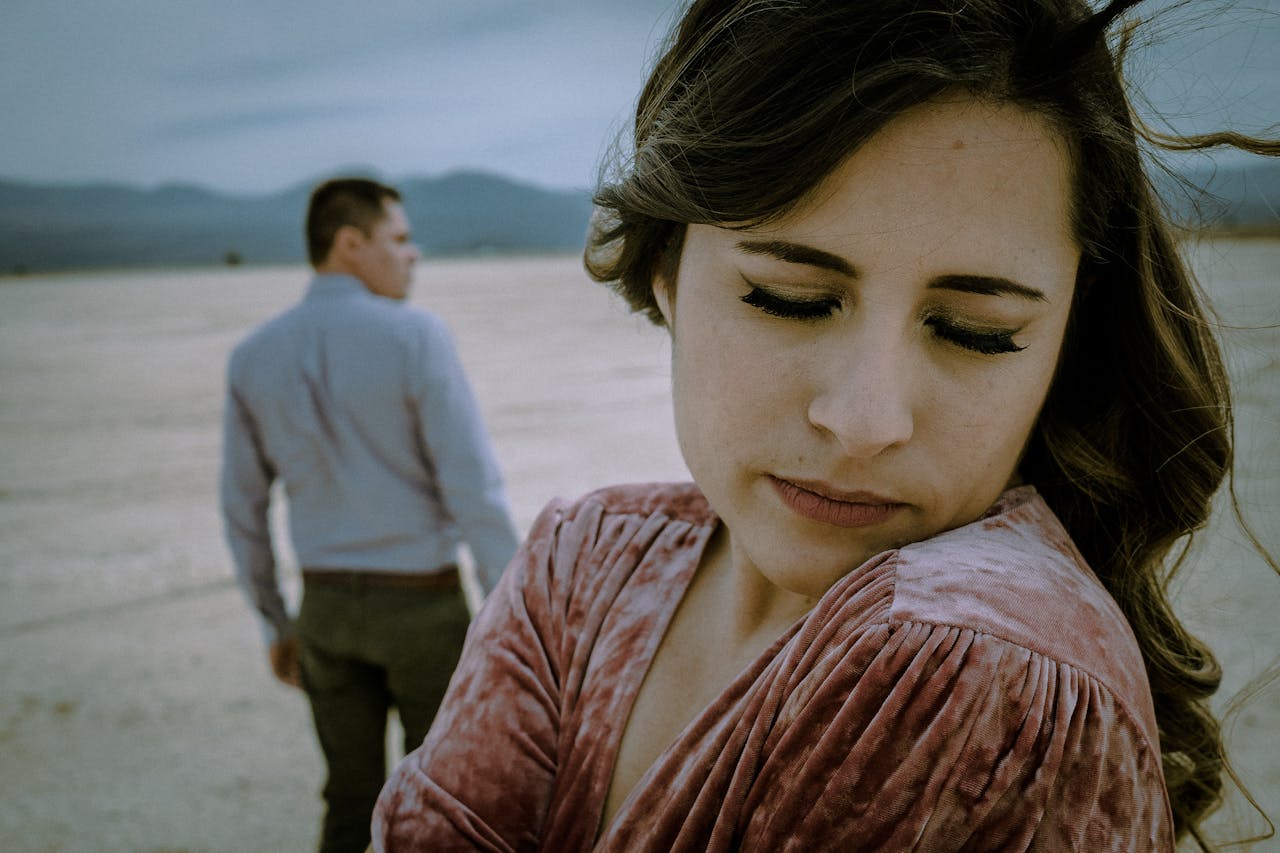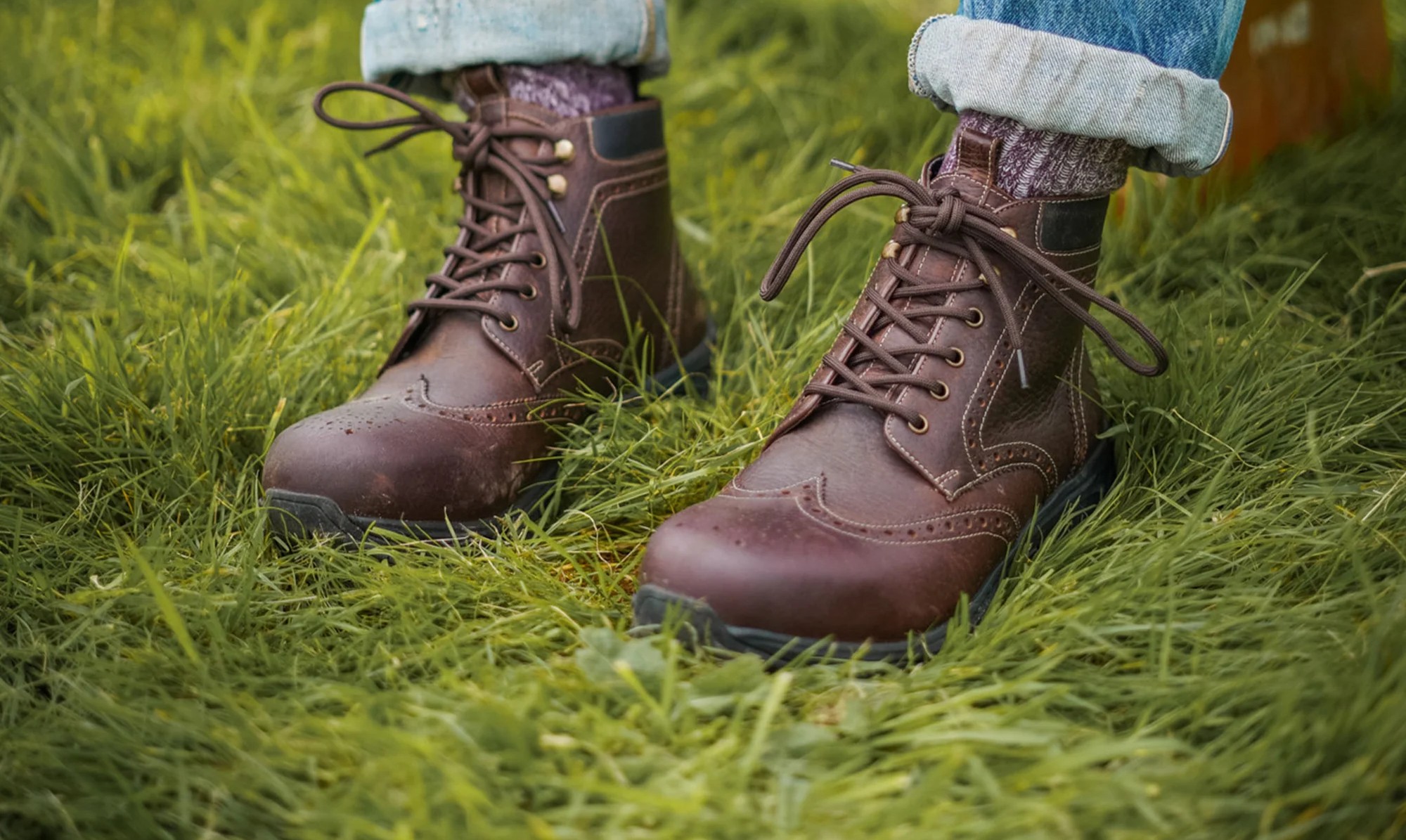All our favourite pieces from the new Relwen Winter 25 Collection
Nov 6, 2025Life Lessons of an 81-Year-Old Men’s Mental Health Maverick
- Nov 17, 2024
- 0 Comments
732
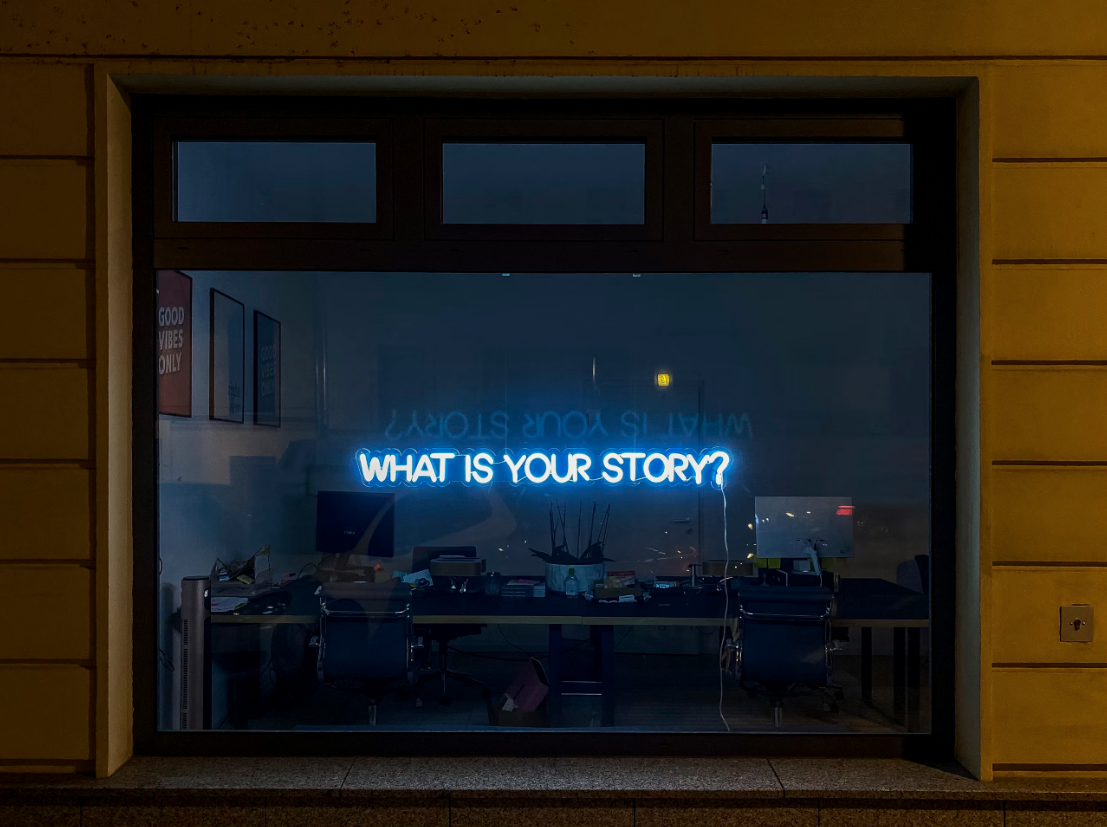
I have been a men’s mental health professional since November 21, 1969 when I held my newborn son and made a vow that I would be a different kind of father than my father was able to be for me and do everything I could to improve the mental, emotional, and relational lives of men and their families. Along the way I have earned a Master of Social Work (MSW) degree, a PhD in International Health, and written 17 books, including Looking for Love in All the Wrong Places: Overcoming Romantic and Sexual Addictions and The Irritable Male Syndrome: Understanding and Managing the 4 Key Causes of Depression and Aggression. These are the lessons I have learned along the way.
Part 1
Where I’m Coming From: My Own Origin Story
In my most recent post, “Calling All Men: Welcome to the First Day of the Rest of Your Life,” I talked about the changing world we all find ourselves in and what we need to do next with our lives. I quoted Václav Havel
“Today, many things indicate that we are going through a transitional period, when it seems that something is on the way out and something else is painfully being born. It is as if something were crumbling, decaying and exhausting itself, while something else, still indistinct, were arising from the rubble.”
I believe we all feel the truth of these words and are looking for a community of support.
I am reaching out to men because I believe males have a particular need for support these days and because women tell me that if there was one thing I could do to help them, it would be to help the men in their lives—their husbands, sons, fathers, friends, and colleagues.
I will be offering several new program opportunities for men in early 2025. Between now then, I’d like to share some of what I’ve learned along the way in my work thus far. I look forward to your questions, comments, and suggestions. Feel free to write me directly: [email protected] and put “Calling All Men” in the subject line and I will respond.
When I counsel people, I often ask them to
“tell me about your parent’s lives five years before you were born.”
It’s a way to get in touch with some important information about who they are. Were there other children in the family before you were born? What were your parents like before you came into the world? Did they want more children? Did they want a boy or a girl? How did your parents meet, marry, and decide to have children?
I was born on December 21, 1943. My parents had been trying to have a child since they first married in 1934 but had been unsuccessful. After consulting with their doctor, he suggested a new technique that was not widely practiced at the time of collecting my father’s sperm and injecting it into my mother’s womb. Later it became known as the “turkey baster” method. They were successful and I became my parent’s first and only child.
From the time he was a young man growing up in Jacksonville, Florida, my father wanted to be an actor. On May 17, 1929, at the age of twenty-two he went to New York with the hope of being successful in the “Big Apple.” I had always wondered at the origin of the term to describe New York.
I learned that in the 1920s, sportswriter John J. FitzGerald popularized the term after hearing African-American stablehands in New Orleans use it to refer to New York City’s racecourses. FitzGerald named his columns about horse racing “On the Big Apple” and “Around the Big Apple.”
My father described his own early experience with New York in one of his first journal entries:
With the plaudits of my Little Theater devotees ringing in my ears, I left my hometown. For the privilege of driving a poultry farmerette and her family to New York, I received free transportation. After an arduous thousand-mile journey, we arrived. The farmerette and her children went one way. I checked into the Grand Hotel. One day was all I could afford.
A squib in the Morning Telegraph hit me between the teeth. The famed actress, producer, and director Eva Le Gallienne was auditioning people for her repertory company. That was my cue to head to 14th street. The stairs were rickety but the smell was just right. My nostrils were dilating like those of a full-grown rabbit. This was the theatre.
He described the initial interview with Miss Le Gallienne’s assistant who he impressed enough to be granted an audition the next day with Miss L. herself.
The rickety stairs again. I took them slowly. It was stage fright all right. Everything chattered, from my teeth down. There was a cathedral-like hush about the place. This was nice, and no organ music. That made it perfect. Would Miss L be…? But I didn’t have a chance to finish the thought. At the top of the stairs, behind a screen, the young producer-director sat, serene and friendly. Young too. Reddish, blond bob. Earrings, blue satin blouse and skirt.
She didn’t waste a second. ‘What’s your name and what will you do? A scene from “The Man Who Came Back.” They liked that at home. I lit a cigarette, and emoted to an imaginary woman on the floor. After my dramatic moment, Miss L gave me a scene to read. That was the audition, no more. She nodded her approval. “Rehearsals start in two weeks…” Accepted! Accepted! I didn’t believe in pinching myself. I bruise easily, but I did have to hold on to a chair to keep from floating up with the frescoes. The seal of approval from Miss L. Just an apprentice, but in a real professional company. Maybe a chance for small parts. Maybe a chance for stardom.
My mother had come to New York from Savanah, Georgia the previous year at the age of twenty and settled in Greenwich Village. The Village was not only a wonderful place for creative artists, but also for creative lovers. My mother, as I learned later, experimented sexually. She had numerous boyfriends and although she never came out directly and said it, I suspect she had a few girlfriends, as well.
While my father was busy with the theater, my mother worked as a secretary to make ends meet and enjoyed the bohemian life of the Village during the “Roaring 20s.” Over time they spent more and more time together, fell in love, and got involved in the political activities of the times.
“I still remember the May Day marches in the 1930s,”
my mother told me years later.
“We would get off work and march down Fifth Avenue together. Progressives of all stripes marched for worker’s rights, opposed racism, and pushed for integration of minorities into the fabric of America. It was very festive and patriotic,”
she said with pride.
“We all wore red and we marched in support of our country. We wanted America to live up to the ideals upon which it was founded.”
My mother also described her early experiences with her pregnancy prior to my birth.
“When I found out I was pregnant, I was overjoyed. But I was also terrified of losing you. I remember walking gingerly down 5th Avenue afraid I would lose you. I was anxious throughout the pregnancy and relieved when you were finally born. Even then, my fear didn’t go away. I always wanted to hold you close and was reluctant to let your father hold you, afraid he might drop you.”
“When the doctor announced, “Congratulations, ‘It’s a boy!’ we were totally surprised. We were sure we were going to have a girl. We had girl’s names picked out and dolls for a little girl. So, we had to scramble to decide what to call you. I went along with your father who wanted to name you Elliott after his nephew who had recently died, but I didn’t like the name and cried for five days until he agreed to name you John, after my father who had died when I was five years old.”
“So you finally had an official name on your birth certificated, “John Elliott Diamond.” We kept the dolls, which you seemed to like. Our family was now complete. We finally had the child we thought we’d never have.”
Life Lesson #1: We can’t understand our own lives unless we recognize the gifts we were given by our parents at the time and place of our birth.
Growing up and through most of my life, I didn’t think much about the impact of my early years on who I’ve become. It wasn’t until mid-life when these examinations became more compelling. I’ve come to realize the gifts I received from being born in New York City at the time I did. From my parents I got a deep curiosity to explore all aspects of life and the courage not to be afraid to think and live “outside the box” of conventional wisdom.
From my father I got my passion for my work. From my mother I got my passion to explore sexuality and relationships. I also got from both my parents the passion to be my own person. When I went to college, I changed my name from John Elliott Diamond to Jed Diamond. I wanted a name that was sexy, a little mysterious, powerful, and unique. I picked Jed for myself.
Life Sesson #2. We also acquire a host of challenges that we spend our lives trying to escape from or learning to embrace.
There were many challenges I had to grapple with that had their origins in my early life. From my father I received is passion for his creative work, but also his belief that we must be successful at our career or die trying. I will have more to say about this challenge in future posts. From my mother I inherited her deep fears about life and death. Later in life I came to recognize and better understand the legacy of fear I had gotten from her.
The English philosopher Thomas Hobbes said of his birth during the turbulent political climate at the time,
“My mother gave birth to twins: Myself and fear.”
This realization that I had a hidden twin that I didn’t know was part of my life was revelatory when I got to know, embrace, and love him.
These early beliefs, usually embedded, deeply in our subconscious, can undermine our joy and happiness until we learn to understand and embrace them.
Reflect on your own origin stories and the life lessons you learned. I hope my sharing can stimulate your own at whatever age you are.
If you’d like to read more about my own journey, let me know. I appreciate your comments and questions. Visit me at www.MenAlive.com.
Publisher: Source link


